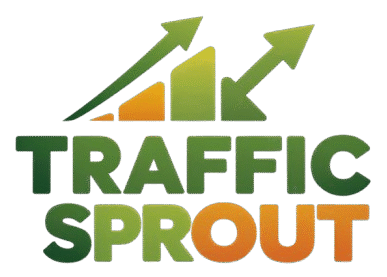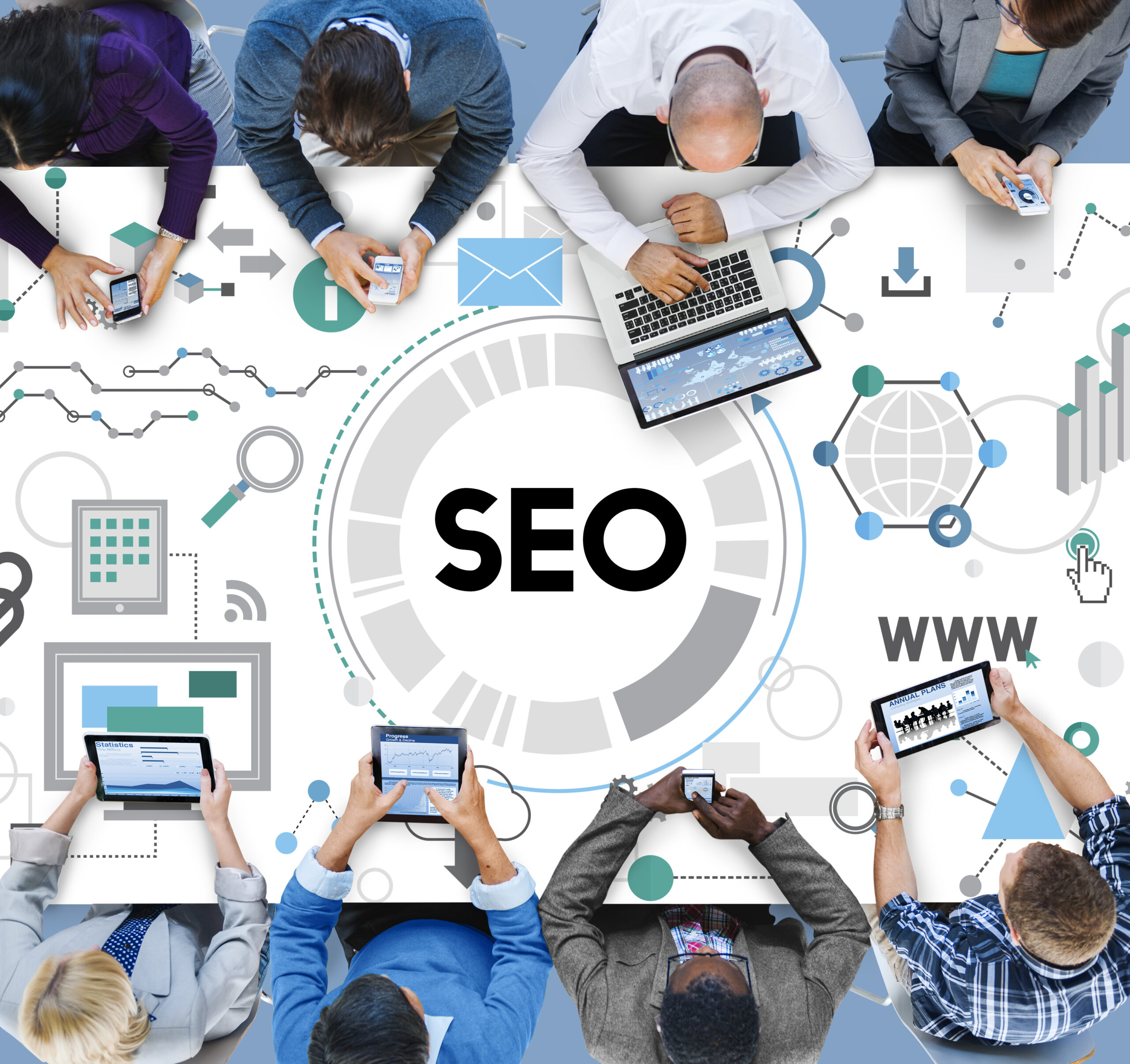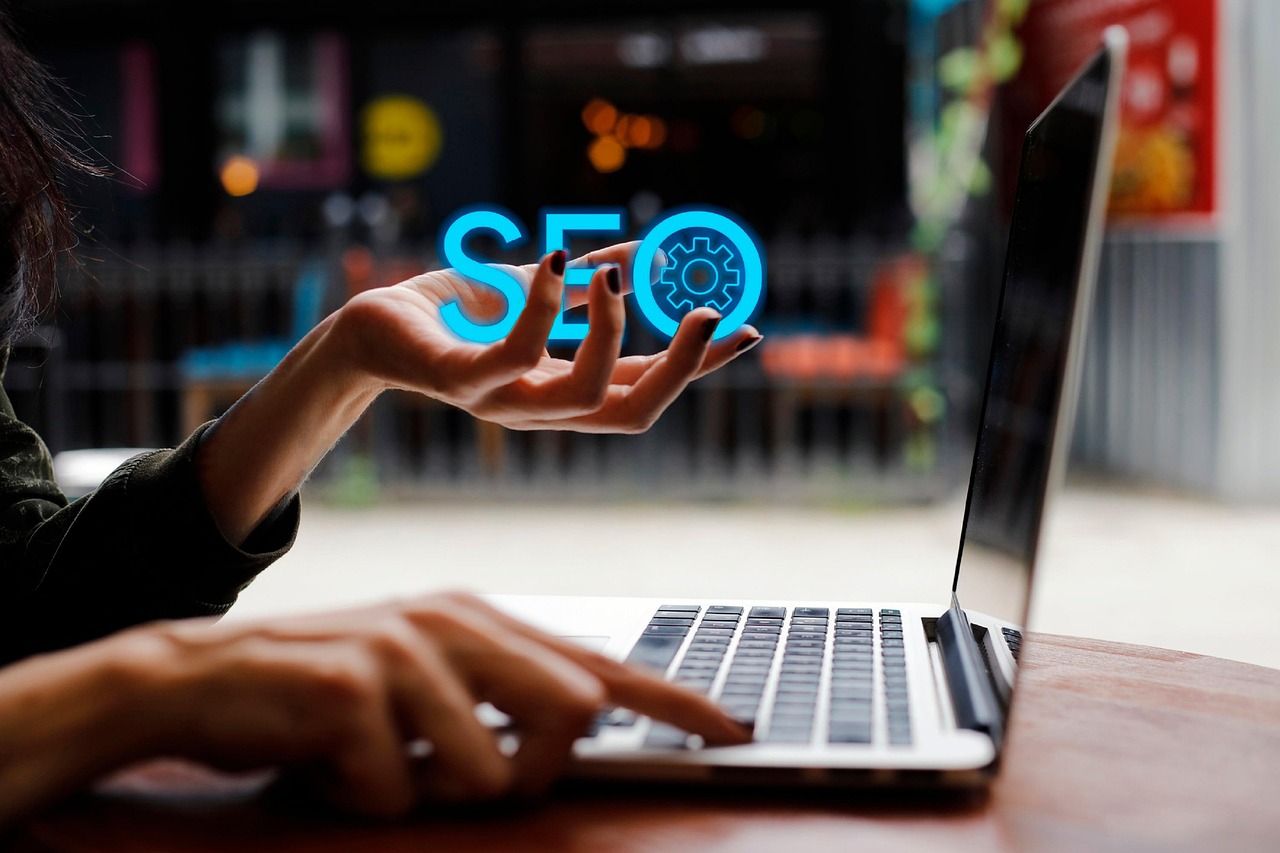
In the world of digital marketing, two giants dominate the paid advertising space: Google Ads and Facebook Ads. Both are powerful platforms, but they differ significantly in approach, targeting capabilities, and how they drive results.
In this blog post, we’ll compare Google Ads and Facebook Ads to help you decide which one is better suited for your business goals.
1. Nature of the Platform
Google Ads:
Google Ads is a search intent-based platform. When someone searches for something on Google, your ad can appear based on the keywords they use. Users here are already actively looking for information, products, or services.
Facebook Ads:
Facebook Ads is an interest-based platform. Users are primarily browsing, connecting with friends, or scrolling through content. Your ad appears based on the users’ interests, behaviors, and demographics — not necessarily because they were searching for it.
2. Audience Targeting
Google Ads:
- Keyword targeting
- Location-based targeting
- Device targeting
- Limited demographic targeting
Facebook Ads:
- Detailed targeting (interests, behaviors, demographics)
- Custom Audiences (like email lists or website visitors)
- Lookalike Audiences (similar to your existing customers)
Facebook offers deeper, more refined targeting options, making it ideal for awareness and branding campaigns.
3. Ad Types
Google Ads:
- Search Ads
- Display Ads
- Shopping Ads
- YouTube Ads
- App Promotion Ads
Facebook Ads:
- Image and Video Ads
- Carousel Ads
- Collection Ads
- Messenger and Story Ads
- Instagram-integrated Ads
Facebook focuses more on visuals, while Google Ads are often more text-based and intent-driven.
4. User Intent
Google Ads:
Targets high-intent users. For example, if someone searches “best DSLR under $500,” they’re probably ready to buy.
Facebook Ads:
Targets users with low to medium intent. Ads appear while users are casually browsing. Great for awareness and nurturing interest over time.
5. Cost and ROI
Google Ads:
- Typically has a higher CPC (Cost per Click), especially in competitive industries.
- Better for generating high-quality leads through search intent.
Facebook Ads:
- Generally lower CPC
- Great for brand awareness, retargeting, and visual product promotions
Your choice should depend on your industry, goals, and budget. Small businesses often find Facebook more affordable, while Google brings in high-converting traffic.
6. Conversion Tracking & Analytics
Both platforms offer advanced analytics:
- Google Ads integrates seamlessly with Google Analytics.
- Facebook Ads uses Meta Pixel to track user actions on your website.
Keep in mind that data attribution works differently on each platform.
Conclusion: Which One Should You Choose?
| Scenario | Best Platform |
| You want high-intent leads from search traffic | Google Ads |
| You want to build brand awareness | Facebook Ads |
| You sell visual products (e.g., fashion, decor) | Facebook Ads |
| You offer services with search demand | Google Ads |
| You want to run retargeting campaigns | Facebook Ads |
| You have a bigger budget and want to explore multiple formats | Both |
Final Tip: In many cases, using both platforms together yields the best results — generate leads via Google, then retarget and nurture them through Facebook.





